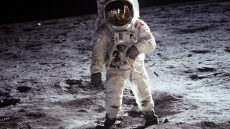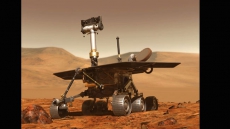Plant's productivity, that is the amount of biomass it produces, depends more on its size and age than temperature and precipitation as traditionally thought, says a study.
Climate has a relatively minor direct effect on net primary productivity, or the amount of biomass that plants produce by harvesting sunlight, water and carbon dioxide, the new mathematical theory shows.
"This means that plants in warm, wet environments can grow more because their larger size and longer growing season enable them to capture more resources, not because climate increases the speed of their metabolism," said Sean Michaletz of University of Arizona in the US.
"A fundamental assumption of our models for understanding how climate influences the functioning of ecosystems is that temperature and precipitation directly influence how fast plants can take up and use carbon dioxide," said Brian Enquist, a professor at University of Arizona in the US.
To test the assumption on the scale of ecosystems, the team developed a new mathematical theory that assesses the relative importance of several hypothesised drivers of net primary productivity. This theory was then evaluated, using a massive new dataset assembled from more than 1,000 different forest locations across the world.
The analysis revealed a new and general mathematical relationship that governs worldwide variation in net primary productivity in terrestrial ecosystems.
"This general relationship shows that climate does not influence productivity by changing the metabolic reaction rates underlying plant growth, but instead by determining how large plants can get and how long they can live for," said Sean Michaletz, lead author of the study and a postdoctoral researcher at University of Arizona.
The finding does not, however, mean that climate is unimportant for plant productivity, the researchers said.
The study appeared online in the journal Nature.





